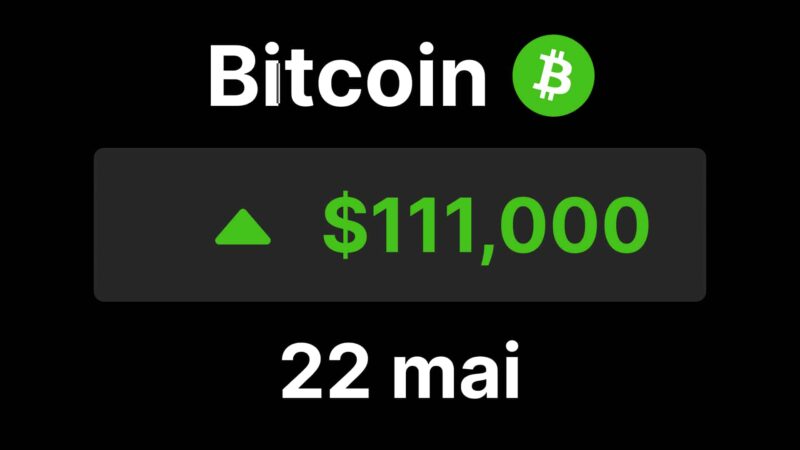A Successful Deployment on Sepolia
Ethereum has successfully deployed the Dencun upgrade on the Sepolia testnet, promising lower fees and improved scalability for the network.
Dencun introduces ‘proto-danksharding’ to optimize data storage and reduce gas costs.
After Sepolia, the Holesky testnet will be the last to test Dencun before its launch on the mainnet.
A Successful Deployment on Sepolia
The Dencun upgrade on Ethereum, incorporating significant advancements like ‘proto-danksharding,’ has been successfully launched on the Sepolia testnet.
The deployment of the upgrade began and concluded swiftly on Tuesday evening without any notable incidents. Parithosh Jayanthi, a DevOps engineer at the Ethereum Foundation, expressed excitement on social media, highlighting the ‘incident-free arrival’ of data on Sepolia, which is considered a positive sign for the final deployment of Dencun on the mainnet.
Blobs are now flowing in Sepolia 😀 Uneventful testnet forks are the best ones! https://t.co/HTTVwYcytmpic.twitter.com/Al45RZz95B
This milestone signifies significant progress towards broader implementation with the aim of reducing costs and increasing network capacity.
Towards an Ecosystem Improvement with ‘Proto-Danksharding’
In practice, the introduction of proto-danksharding by Dencun aims to optimize data storage and reduce transaction fees through a mechanism known as ‘blobs,’ promising a considerable impact on the efficiency and economy of the Ethereum network.
‘A transaction carrying a blob is like an ordinary transaction, except that it also carries additional data called a blob.
– Vitalik Buterin
Deployment on the Holesky testnet represents the next critical step before an expected deployment on the mainnet.




